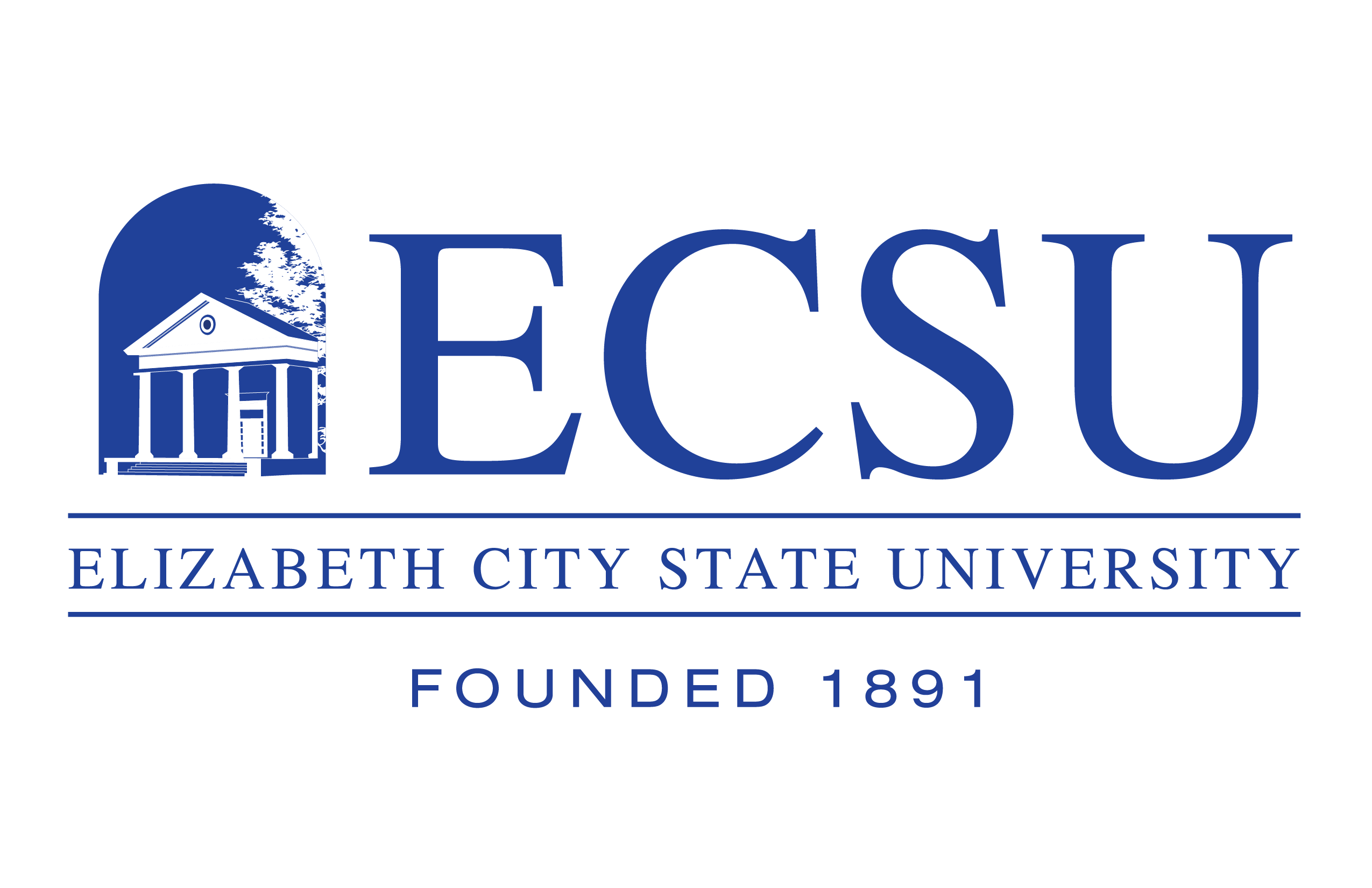Types of Aid
-
Submit a Free Application for Federal Student Aid (FAFSA) or a Renewal FAFSA designating ECSU(school code 002926) to receive FAFSA results.
-
Be a United States citizen or an eligible noncitizen.
-
Be admitted to or enrolled in an eligible degree or certificate program.
-
Be making Satisfactory Academic Progress as defined by the ECSU Financial Aid Office.
-
Not owe a refund on a student grant or be in default on a student loan.
-
Be enrolled at least half time, six or more undergraduate credit hours or five or more graduate credit hours.
ECSU has several types of financial aid for students. Students may get a combination
of any of the following to pay for education expenses:
FEDERAL GRANTS
Federal Pell Grant amounts are determined by your financial need, calculated using your Student Aid Index (SAI) from the FAFSA, which is based on family income, assets, and household size; which is calculated by the Department of Education based on the information listed on the FAFSA form, the number of credit hours per semester and your cost of attendance. There are no appeals or exceptions to the life-time eligibility Pell Grant rule. Students who have already earned a bachelor, master, or professional degree are not eligible for the Federal Pell Grant.
STATE GRANTS
NON-NC RESIDENT GRANTS
Federal Work-Study is a form of financial aid awarded to students who demonstrate financial need and meet certain eligibility requirements. Eligibility is determined by the annual completion of the FAFSA, enrollment status, and Satisfactory Academic Progress. ONLY students qualified by the Office of Student Financial Aid and Scholarships with an unmet need are eligible to participate in the program.
Federal Work-Study provides opportunities for eligible students to work part-time to earn money to pay for their expenses. Unlike other financial aid, money earned from Federal Work-Study employment is paid directly to students, not disbursed to their student accounts. Payroll checks are issued twice a month and reflect the number of hours worked (if any) and the student’s hourly rate of pay (wages vary throughout campus departments, but will always be at least minimum wage).
Federal Direct Student Loans are low-interest loans for students to help pay for the cost of a student's college education. The
lender is the U.S. Department of Education. Federal Stafford Loans have yearly limits.
There are two types of loans: Subsidized and Unsubsidized:
- Direct Subsidized Loan is a need based loan. Interest is paid by the Federal Government while you're enrolled in school. The Office of Student Financial Aid and Scholarships determines eligibility for this loan based on information reported the on the FAFSA.
- Direct Unsubsidized Loan is a non-need based loan. Interest is paid by the student while enrolled in school. The student does have the option to defer the interest until graduation or separates from the institution for any reason. If you choose to defer your interest, it will accumulate and capitalize onto your principal. The Office of Student Financial Aid and Scholarships determines eligibility for this loan based on information reported the on the FAFSA.
The Office of Student Aid and Scholarships packages students up to their maximum eligibility. Please be mindful that financial aid does not always cover all of your college expenses however there are several resources available for students to explore. Be sure to look into these options early and contact our office if you have any questions.
